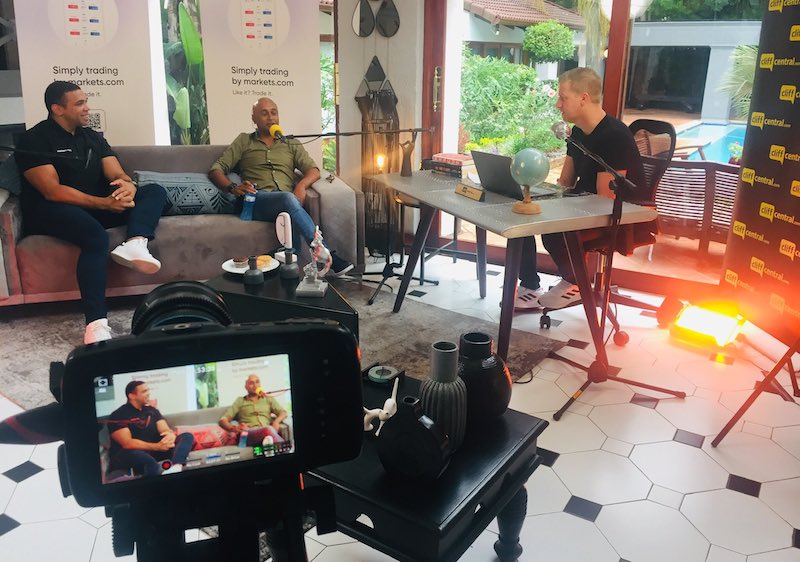The Importance of Imagination
There aren’t a lot of ways we can still exercise our imaginations. So much of it is done for us now… great TV series like Game Of Thrones or movies like Lord Of The Rings do most of the imagining for us. People don’t read fiction like they used to (or they just don’t have the time to). Instagram makes it unnecessary to imagine what the person you met last Thursday looks like naked – just scroll down and there will be some kind of revealing selfie. Everyone, in a major effort to be authentic, tells you everything like it is. The problem is, as Bobby Kennedy once said: “Some men see things as they are, and ask why. I dream of things that never were, and ask why not?”
We expect kids to grow up and imagine the changing world of tomorrow, but we only equip them with the tools to understand the world we have now, and not even that very well. What do we do to spur on their imaginations? How do we develop their powers of visualisation, of fantasy and of great dreams – and how do we turn those things into books, companies, solutions, advancements and new human superpowers?
In 2019, every geek in the world is the beneficiary of a conjunction of big endings: Game Of Thrones (arguably the most successful TV series of all time), Avengers Endgame (certainly the biggest box-office hit of the year) and Star Wars IX (the final chapter of nine instalments that began in 1977 before I was born, due for release in December). The genius behind each of these is just a man (who started out as a boy) with a big imagination: George R.R. Martin, Stan Lee and George Lucas. They all had stories in them, and those stories have much in common – heroes, battles, magic, good and evil – and yet each is just different enough to have their own legion of fanatics. That Disney bought Star Wars for gazillions of dollars, or that mothers are naming their daughters Daenerys, or that little boys would rather have a Spider-Man suit than money is a testament to their tremendous success.
Whatever the circumstances of their birth, their suffering or privilege, or the society they grew up in; all three men made something out of nothing – and that something is as powerful as a religion to the audience. There’s a greater lesson in that too: Before Google, Facebook, Uber and Microsoft there weren’t other people holding their place in the market. They were born out of imagining what the future might be – not trying to transform old things, or buy up what already was. The biggest, most powerful and influential businesses aren’t the heirs of General Electric, Ford and Fleet Street, they’re things you wouldn’t have been able to describe to any person 100 years ago. Machines aren’t coming to take your job, politicians can’t solve your problems and universities won’t teach you about what’s coming next. You’ll have to use imagination – and the good news is everyone has a little bit of that, and they can teach themselves to have more.



